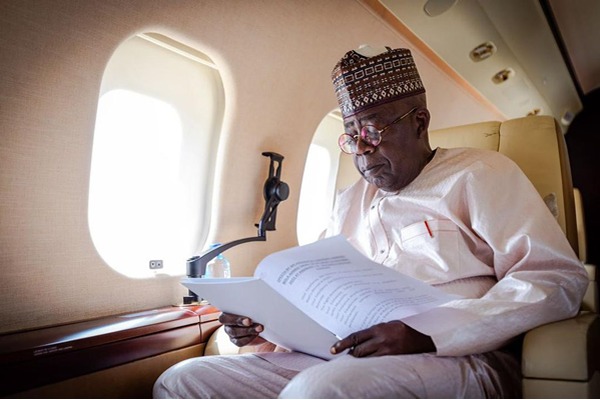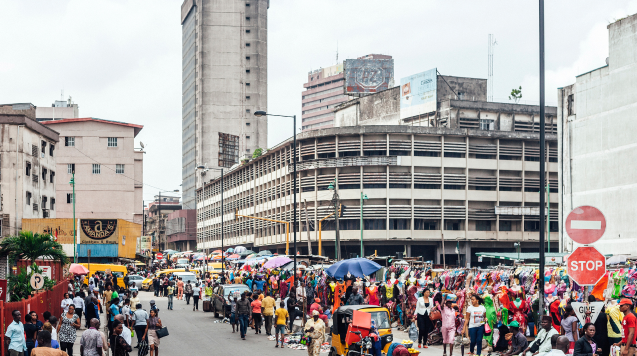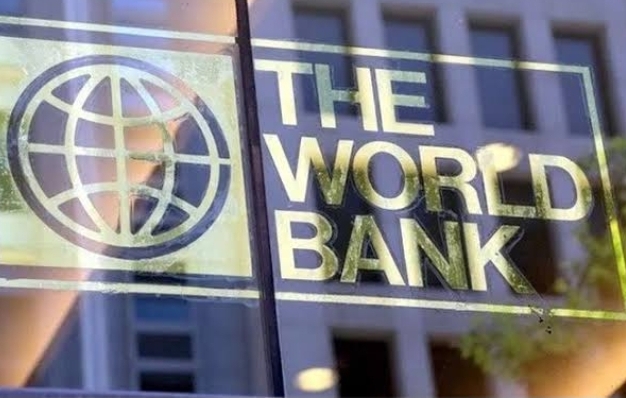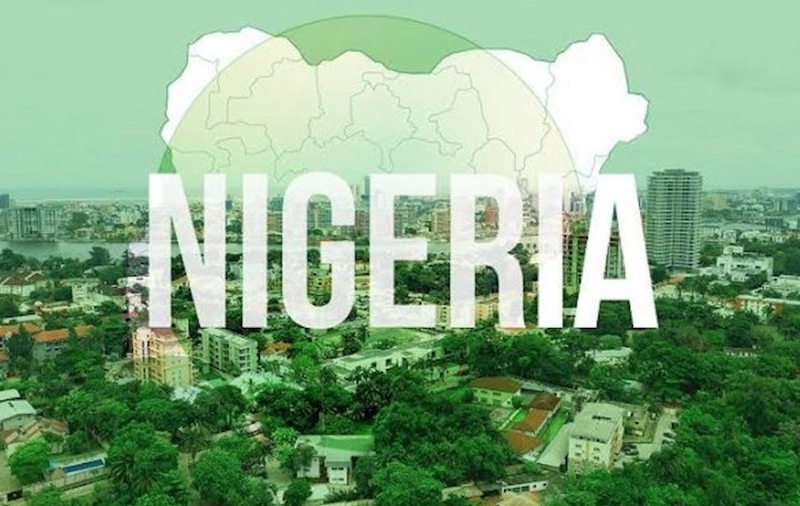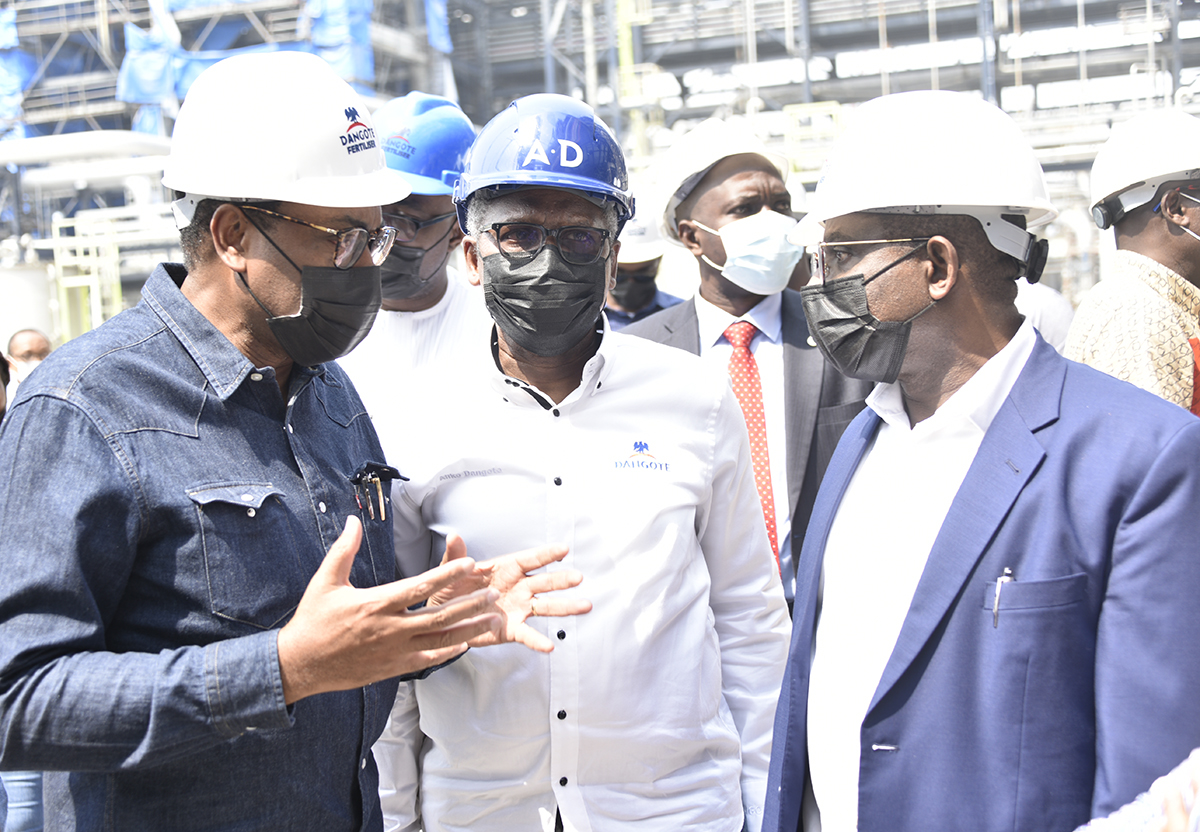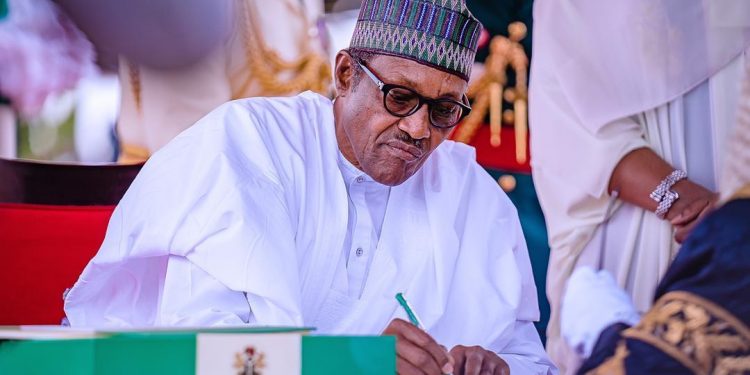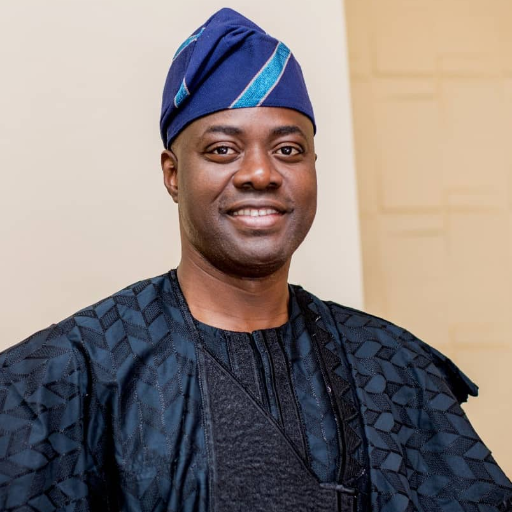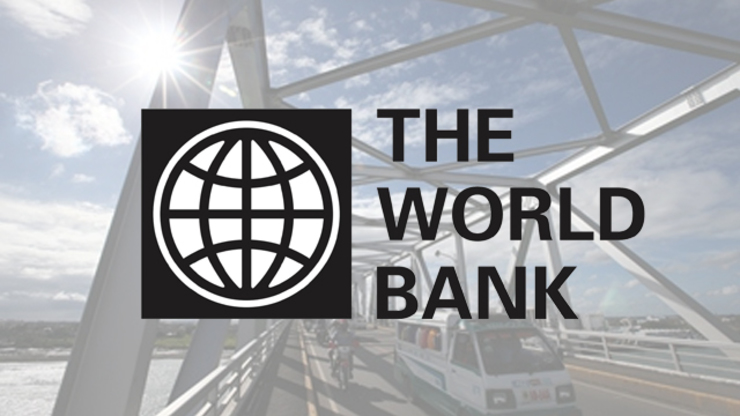President Muhammadu Buhari said the focus on job creation, consistency in policy and innovation stimulated a 5 per cent growth of the economy in the second quarter, 2021, which is the highest in six years.
The president stated this on Tuesday at the launch of the Nigeria Jubilee Fellows Programme in State House.
He assured that Jubilee Fellows Programme will further consolidate on the success recorded.
The President also listed some of the key drivers of economic growth and diversification in the second quarter to include telecommunications, transportation, electricity, agriculture and manufacturing.
“Tuesday, 22nd June 2021, I set up the National Poverty Reduction with Growth Strategy (NPRGS) steering committee to coordinate our work to fulfil my promise to lift 100 million Nigerians out of poverty in ten years. This is building on the positive results from the Economic Recovery and Growth Plan and the targeted response to the effects of the COVID-19 pandemic with the Economic Sustainability Plan.
“These efforts have yielded results with Nigeria recording its biggest economic growth in six years with a GDP growth of 5 per cent in the second quarter of 2021. The sectors that drove this growth are trade, telecommunications, transportation, electricity, agriculture and manufacturing. Each of these sectors showed significant improvement and thus created more jobs for our populace.
“An important part of our policies and strategies is the focus on employment and creating opportunities for our people. When this government was elected in 2015, we committed to increasing job opportunities for Nigerians and as part of our social investments programme we recruited 500,000 graduates into our N-power programme,’’ he noted.
In 2019, the President said he directed that the number of graduates be increased to 1 million.
“These graduates are recruited to work in agricultural, health and education institutions across the country. The N-power programme also has a non-graduate component that provides skills to tens of thousands of Nigerians in areas such as technology, masonry, auto repairs, and carpentry.
“We estimate that about 2 million people join our labour force annually. We continue to work with our partners to provide more opportunities to create jobs and the Nigeria Jubilee Fellows Programme in partnership with the United Nation’s Development Programme being one of such opportunities,’’ he added.
The President said, “The jubilee programme will provide a pathway for young Nigerians to gain work experience in top tier organisations, gaining relevant skills and building the right networks for the future in various sectors including information and communications technology, financial services, trade, manufacturing, agriculture and agro-processing.
“Other sectors include mining, telecommunications, creative industries and technology, education, health, research and development, and public sector institutions. We believe that building the right skills and experiences across these sectors are important to sustain the economic growth we are experiencing.’’
He said the programme will build on other efforts of the government to support young Nigerians such as the N75 billion youth fund in the Ministry of Youth and Sports Development, which was created to support young Nigerians in business or with business ideas, with N25 billion released annually for three years.
“The Economic Sustainability Plan (ESP) was our response to the COVID-19 pandemic. We have set up a survival fund that has helped many businesses stay afloat in the worst economic periods of the last 5 years, more than one million Nigerians have benefitted from the fund, with more than 500,000 benefitting from the MSMEs Payroll support track, approximately 270,000 beneficiaries of the artisan support track, and about 50,000 beneficiaries of the MSME grant scheme,’’ the President added.
According to him, the International Labour Organisation estimated the equivalent of an unprecedented 255 million jobs being lost around the world as a result of the COVID-19 pandemic.
President Buhari noted that the Nigeria Jubilee Fellows Programme, being a fully paid post-NYSC work placement programme would provide an opportunity for mentors who were already engaged in various industries, gained relevant experience and built capacity over the years to provide mentorship and support for young Nigerians.
“Beyond the skills and work experience, we will be building a new culture of mentorship and guidance that can chart a new course for skills development and work experience in our country.
“We believe that as this programme creates new opportunities for 20,000 recent graduates annually, the beneficiaries will use the opportunities presented to them and maximize their 12 months of engagement,’’ he said.
The President encouraged all eligible Nigerians to apply for the jubilee programme.
He urged private sector organizations to join by providing work placement opportunities, mentors and funding.
“I would like to say thank you to the United Nations Development Programme and the European Union for their support on this vital initiative. And I hereby declare the program open,’’ he said.
In his remarks, the Minister of Industry, Trade and Investment, Otunba Adeniyi Adebayo said the government remains appreciative of the role of the private sector in transforming economies by creating employment and employment opportunities and investments.
He said start-ups, largely driven by young Nigerians, attracted 170 million dollars in the past year, which was the highest on the African continent, explaining that the Nigeria Jubilee Fellows Programme was to celebrate the nation’s 60th anniversary.
Adebayo noted the role of Vice President Yemi Osinbajo in driving the initiative to fruition and support of the United Nations Development Programme (UNDP).
The Resident Representative of UNDP, Mohammed Yahya assured that the UN will continually support Nigeria to move human potentials across the country to capacities and skills that will place the country on a better pedestal.
“Each day, young Nigerians continue to break barriers with their capacity and ingenuity,’’ he said, “Young Nigerians have produced outstanding innovations. There is no shortage of talents in Nigeria.’’
EU Deputy Head of Delegation, Alexandre Borges Gomes and UN Resident Coordinator, Edward Kallon, commended the initiative, saying the programme benefitted from wide consultations.

